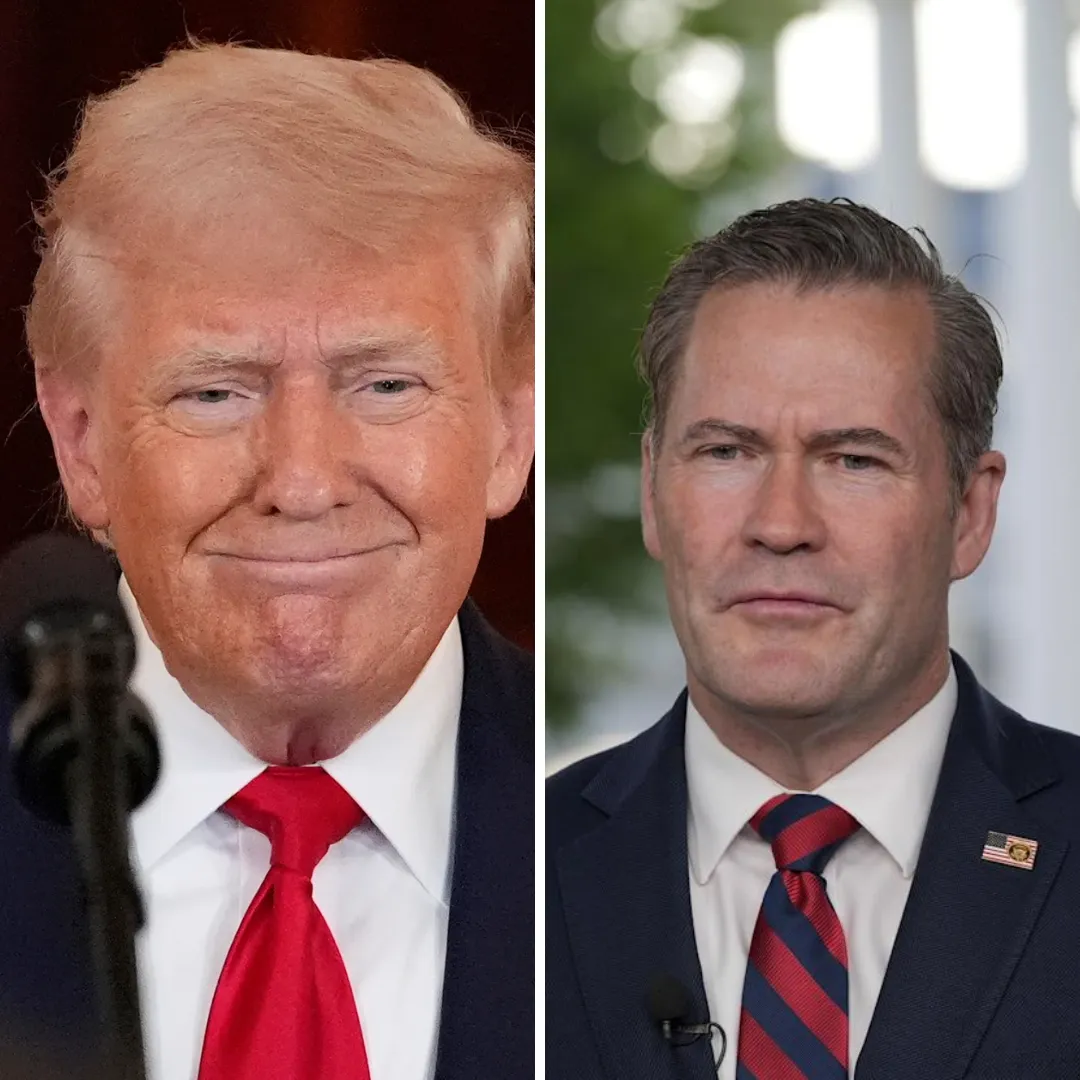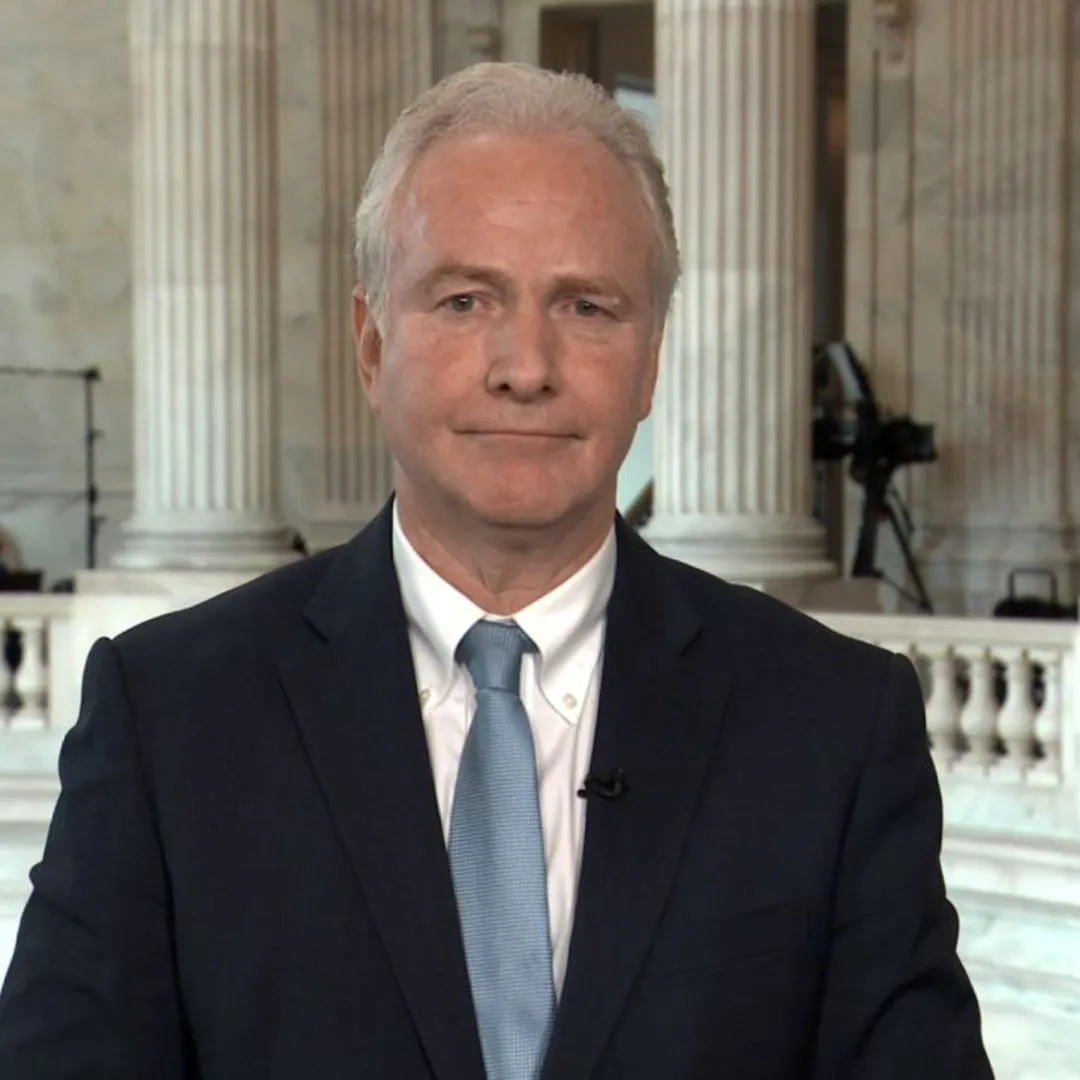
Former House Speaker Kevin McCarthy (R-Calif.) has recently made waves by predicting that Rep. Alexandria Ocasio-Cortez (D-N.Y.) could emerge as the next leader of the Democratic Party.
McCarthy, during an interview on Fox News, discussed the shifting dynamics within the Democratic Party, including the growing influence of younger, more progressive figures like Ocasio-Cortez.
He also weighed in on the civil war brewing within the party, sparked by a campaign launched by Democratic National Committee (DNC) Vice Chair David Hogg.
Hogg’s political group, Leaders We Deserve, is set to spend $20 million to support primary challengers against House Democrats in safe districts, aiming to bring in a new generation of lawmakers who can push the party further to the left.
McCarthy viewed this as evidence of a deepening divide within the Democratic ranks.
“Unheard of. The DNC is supposed to unite the party, but what we’re watching live is a civil war inside the Democratic Party, and they’re fighting for new leadership. And this is what’s gonna happen,” McCarthy said, pointing to the political infighting and the effort to replace older, more moderate Democrats with younger, progressive ones.
"Remember, AOC did this exact same thing a couple of years ago and the party tried to shut her down when she would primary other members in Congress."
McCarthy's remarks touched on the rise of Ocasio-Cortez, whose grassroots campaigning and progressive stance have made her one of the most influential figures within the Democratic Party.
As one of the most well-known young progressives in the country, Ocasio-Cortez has become a lightning rod for both praise and criticism. Her rise within the party, and her ability to rally support, has raised eyebrows and made her a key figure in discussions about the future of the party.

McCarthy added that Ocasio-Cortez has proven her ability to mobilize financial and grassroots support, a crucial factor in her political power. "She raised the most money of any member in Congress in the last quarter," he pointed out. "She’s getting the biggest crowds."
Ocasio-Cortez’s fundraising ability has been a significant part of her appeal. She raised nearly $9.6 million in the first quarter of the year, marking her biggest fundraising period yet.
As of the beginning of the second quarter, she had $8.2 million in cash on hand, positioning her as a formidable player in future political battles.
Her fundraising success and her ability to energize progressive voters have propelled Ocasio-Cortez to national prominence. She has held large rallies across the United States, often with Sen. Bernie Sanders (I-Vt.), as part of the "Fighting Oligarchy" tour.
These rallies, which focus on issues such as income inequality and corporate greed, have drawn large crowds and further cemented her status as one of the leading voices in the progressive wing of the Democratic Party.
While Ocasio-Cortez’s popularity has made her a key figure within the party, McCarthy believes that the real competition will come from within the Democratic Party itself.
He predicted that Ocasio-Cortez and Sanders would rise as the primary challengers to established Democratic leaders like President Joe Biden, Vice President Kamala Harris, House Minority Leader Nancy Pelosi (D-Calif.), and Senate Minority Leader Chuck Schumer (D-N.Y.).
"And this is what I predict. They’re gonna fight to see who becomes the leader of this party," McCarthy said. "Right now, it’s really AOC and Bernie Sanders. But this is what’s gonna happen. They’re gonna run against Joe Biden, Kamala Harris, Rep. Nancy Pelosi, Schumer, and Hakeem Jeffries. That will be a motivating factor."

McCarthy’s prediction highlights the ongoing generational divide within the Democratic Party, where younger, progressive leaders are increasingly positioning themselves to challenge the established guard.
While Biden and other veteran Democrats continue to hold significant influence, the rise of figures like Ocasio-Cortez signals a shift in the party’s direction, one that could have major implications for the future of American politics.
McCarthy went on to argue that progressive Democrats, including Ocasio-Cortez, would raise more money challenging members of their own party than they would by running against Republicans.
"They’ll raise more money running against Democrats than they will running against Republicans," McCarthy said. "And whoever comes out of that will become the leader of the Democratic Party."
This prediction reflects the increasingly competitive nature of Democratic primaries, especially as younger, more left-wing candidates are challenging older, more centrist incumbents.
McCarthy sees this as part of a larger trend within the Democratic Party that reflects its shifting priorities and the growing influence of progressive voices.
He believes that Ocasio-Cortez’s political future will be shaped by this internal struggle for power, and that her ability to outpace the traditional Democratic establishment in fundraising and support will ultimately propel her into a leadership position.
Ocasio-Cortez’s rise within the Democratic Party has already created significant tension with more moderate members. In recent years, she has become a symbol of the party’s left wing, advocating for policies such as the Green New Deal, universal healthcare, and free college education.

Her popularity has made her a lightning rod for both praise and criticism, with some Democrats fearing that her uncompromising stance could alienate more centrist voters, while others see her as the future of the party.
Her success in fundraising and energizing progressive voters has also made her a formidable force in the 2028 election cycle, which is expected to feature a fierce battle for the Democratic nomination.
Polling data from analysts like Nate Silver suggests that Ocasio-Cortez could emerge as the front-runner for the party’s 2028 presidential nomination.
While Biden and other veteran Democrats are likely to remain influential, Ocasio-Cortez’s appeal to younger, more diverse voters gives her an edge in the increasingly important early primary states.
However, Ocasio-Cortez’s political trajectory is not without its challenges. As McCarthy points out, the race for leadership within the Democratic Party will likely be fraught with competition, not just from Republicans, but from within the party itself.
The generational divide, particularly around issues like climate change, healthcare, and income inequality, will continue to shape the debate about the future direction of the party.
One potential hurdle for Ocasio-Cortez is the need to build a broader coalition within the Democratic Party. While she has solidified her base among younger voters and progressives, winning over more centrist Democrats and moderates will be crucial if she hopes to secure the party’s nomination in 2028.
As McCarthy noted, “Competition is not a bad thing,” but Ocasio-Cortez will have to navigate the complexities of the Democratic coalition and win support from various factions if she is to become the next leader of the party.
The upcoming years will likely see an intense battle for the soul of the Democratic Party, with figures like Ocasio-Cortez and Sanders representing the left wing, while Biden and other centrist Democrats try to maintain their grip on the party’s direction.

The struggle for power will undoubtedly shape the political landscape leading up to the 2028 election and beyond.
For now, McCarthy’s prediction of a power struggle within the Democratic Party seems increasingly plausible. As Ocasio-Cortez continues to build her political profile, her influence will only grow, and the party’s ability to balance the demands of its progressive and moderate wings will be tested.
Whether she can successfully lead the party in the future remains to be seen, but McCarthy’s warning that the race for leadership will be a fierce one is likely to prove true.
As the Democratic Party navigates this internal battle, the next few years will be critical in determining its future. Will Ocasio-Cortez emerge as the new face of the party, or will the establishment hold onto power?
Only time will tell, but one thing is certain — the struggle for control of the Democratic Party is far from over. And with the stakes so high, the outcome of this battle will shape the direction of American politics for years to come.



